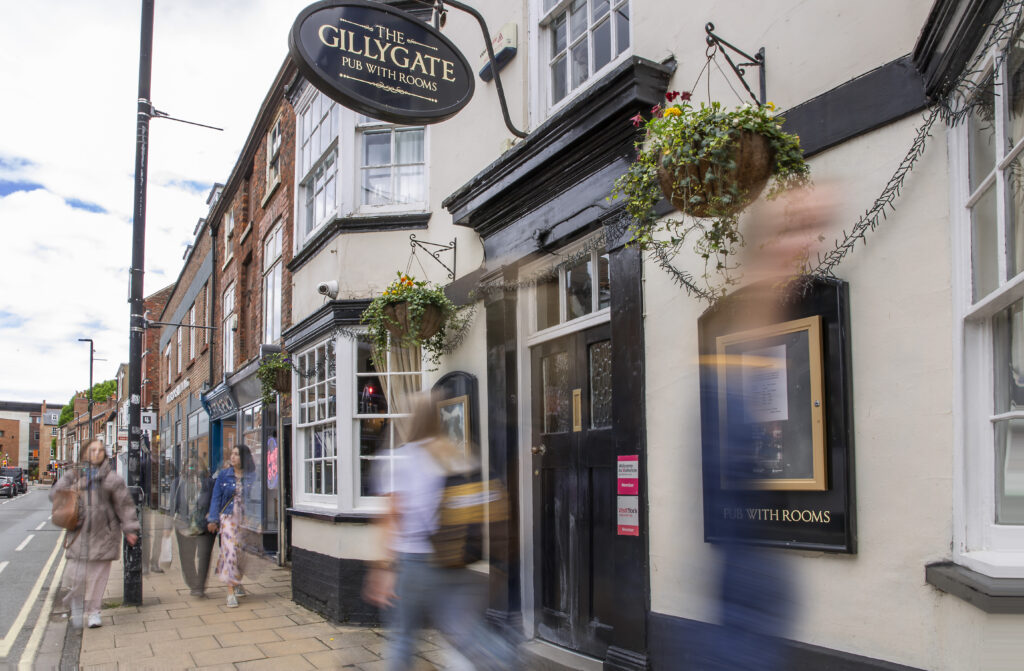The three things York businesses need right now to face the future with confidence
What practical help do businesses need right now? Andrew Lowson has a few ideas
First the good news on energy prices. Last week’s announcement by new Prime Minister Liz Truss that domestic energy bills will be capped at £2,500 for a typical household from 1 October does at least offer certainty for people – although it will still mean a big budget stretch for many.
However, for businesses, the uncertainty continues. They have been told that support is coming, but nothing more.
It is understandable that further announcements have been delayed, as the nation mourns the death of the Queen. But for many businesses, 1 October is when they are due to switch to a new energy tariff – and they could face bills tripling, quadrupling or worse. That is an alarming prospect.
We know that the energy price spike has already cost businesses dear. The Gillygate, a well-run pub in York, has closed after licensee Brian Furey said its monthly bill almost trebled. He didn’t want to go into debt to cover the bills in the hope of seeing an upturn in trade.

Many other small businesses will be mulling over exactly these issues. Some are still carrying debt from their Covid response and will not wish to add to it. Others are reporting that footfall and spend is down. Most are wrestling with inflation, with food businesses seeing the cost of staples like milk leap by 34% and others facing hikes in material and shipping costs. Profit margins are being squeezed ever tighter – leaving no room for a jump in energy costs.
Having spoken to businesses after the school summer holidays ended, a mixed picture of York’s economic health emerged. Hotels have had an ‘OK’ summer. They report a volatile market – people are making last minute decisions to book, meaning it’s harder to plan.
By contrast, formal menswear shops in York have reported a good summer, with trade brisk partly due to an upturn in weddings after so many were postponed in the pandemic. This has a positive knock-on effect for related businesses, like tailors who specialise in garment alterations.
But there is no doubting the wider anxiety, for small businesses in particular, about the challenges ahead.
So, what do businesses need now? We at the York BID have joined a national campaign by signing up to the #BusinessSOS campaign with 150 other BIDs. It is a three-point plan to support the high street at this time of crisis:
- Energy price support – caps on energy bills to match those for consumers
- VAT cut – reduce VAT to 12.5 per cent (from 20) and business energy bills to 5 per cent
- Business rates holiday – introduce 100 per cent rate relief until 31 March 2023
Some will argue that, following the Covid relief package, the government cannot keep offering direct support like this to businesses. In response, I would say that the pandemic and energy crisis have demonstrated beyond doubt the need for root-and-branch reform of business taxes and regulation.
It has long been clear that UK business rates are not fit for purpose for a 21st century economy. Meanwhile, it cannot be right that SMEs are taxed at one rate, while the global online retailing behemoths pay practically nothing.
Because these reforms have not been carried out, businesses have been left with incredibly tight margins and profoundly vulnerable to the shocks caused by an unexpected event like the war in Ukraine. That is why they need support today.
And the government should and must offer that support as a matter of urgency. Only then can our business owners switch from fearing for the future to facing it with renewed confidence.